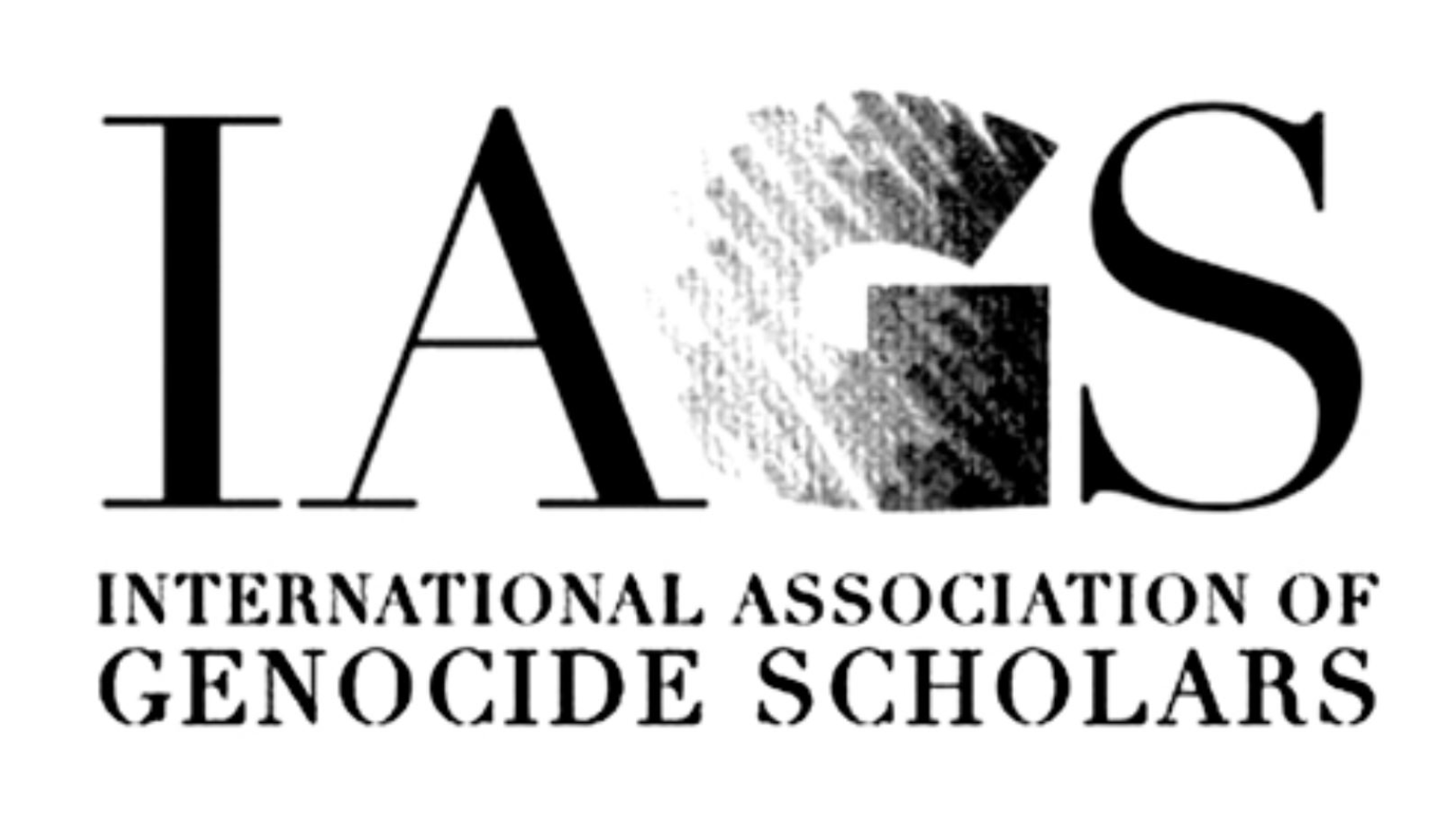
In September 2024, the International Association of Genocide Scholars adopted a resolution regarding the Nagorno-Karabakh conflict
On September 2, 2024, the International Association of Genocide Scholars adopted a resolution regarding Nagorno-Karabakh, highlighting concerns about Azerbaijan's policy of destroying Armenian cultural heritage https://genocidescholars.org/wp-content/uploads/2024/09/IAGS-Resolution-on-Nagorno-Karabakh.pdf?fbclid=IwZXh0bgNhZW0CMTEAAR3jruxe_4TX6D8cRs4CEODxt4mQlPfTyk0PVYLQlyAWKCTN_TSSm0mPDpc_aem_7mqrXY0pJCklMbMcmSi8J.
In its preamble, the resolution acknowledges the destruction of Armenian cultural heritage in Nagorno-Karabakh perpetrated by Azerbaijan and observes that in September 2023, the remaining 100,000 ethnic Armenians in the region were forcibly expelled under the threat of violence. The resolution states that scholars recognize the numerous representative and referendum votes of Nagorno-Karabakh between 1988 and 1992 to join the Republic of Armenia or become an independent state, which unfortunately never received international recognition. Furthermore, the document acknowledges that the Azerbaijani media, political, and military leadership are disseminating anti-Armenian hate speech and expressions of genocidal intent.
The resolution's first point acknowledges that the blockade of the Lachin Corridor from December 2022 to September 2023 constitutes actions that have deteriorated the living conditions of ethnic Armenians in the region, resulting in psychological and physical harm. These actions align with the definition of genocide as outlined in the 1948 United Nations Convention on the Prevention and Punishment of the Crime of Genocide.
The second point of the document asserts that the forced displacement of ethnic Armenians through siege and bombing in September and October 2023 constitutes ethnic cleansing and a crime against humanity (IAGS Resolution on Nagorno-Karabakh, 2). Furthermore, the bombing of civilian settlements (IAGS Resolution on Nagorno-Karabakh 2024, 3), torture, and killing of ethnic Armenian prisoners of war and civilians constitute violations of international humanitarian law (IAGS Resolution on Nagorno-Karabakh, 4).
The resolution adopted by the International Association of Genocide Scholars calls upon the government of Azerbaijan to comply with the orders and judgments of the International Court of Justice, including admonitions to refrain from destroying and desecrating Armenian cultural heritage. It further urges adherence to other obligations under international law, including the respect of international human rights and the guarantee of international humanitarian law (IAGS Resolution on Nagorno-Karabakh, 6).
Article 9 of the resolution calls upon Azerbaijan to respect, protect, and prevent the destruction of any Armenian cultural heritage in Nagorno-Karabakh (IAGS Resolution on Nagorno-Karabakh, Article 9). Furthermore, it urges the international community to safeguard the right to self-determination of Nagorno-Karabakh (IAGS Resolution on Nagorno-Karabakh, Article 10).
Referring to the possibility of the safe return of the Armenians of Artsakh, Article 11 of the resolution calls upon the international community to take appropriate measures to ensure the right and safety of the forcibly displaced Armenians of Nagorno-Karabakh to return, as affirmed by the International Court of Justice in its Order on Provisional Measures dated November 17, 2023.
The resolution calls on the international community, including national governments and international organizations, to recognize the atrocities committed against the ethnic Armenians of Nagorno-Karabakh as a gross violation of human rights, a war crime, genocide, a crime against humanity, and to take appropriate measures to prevent and punish further violations and crimes ( IAGS Resolution on Nagorno-Karabakh, 12).
Scientists propose initiating legal proceedings against Azerbaijan in the International Court of Justice based on the Convention on the Prevention and Punishment of the Crime of Genocide and the Convention Against Torture. They also advocate for creating an international fact-finding mission to collect evidence of human rights violations and crimes (IAGS Resolution on Nagorno-Karabakh, Article 13). The resolution calls upon the Prosecutor of the International Criminal Court to leverage Armenia's ratification of the Rome Statute to investigate and prosecute Azerbaijan's crimes against humanity (IAGS Resolution on Nagorno-Karabakh, Article 14).